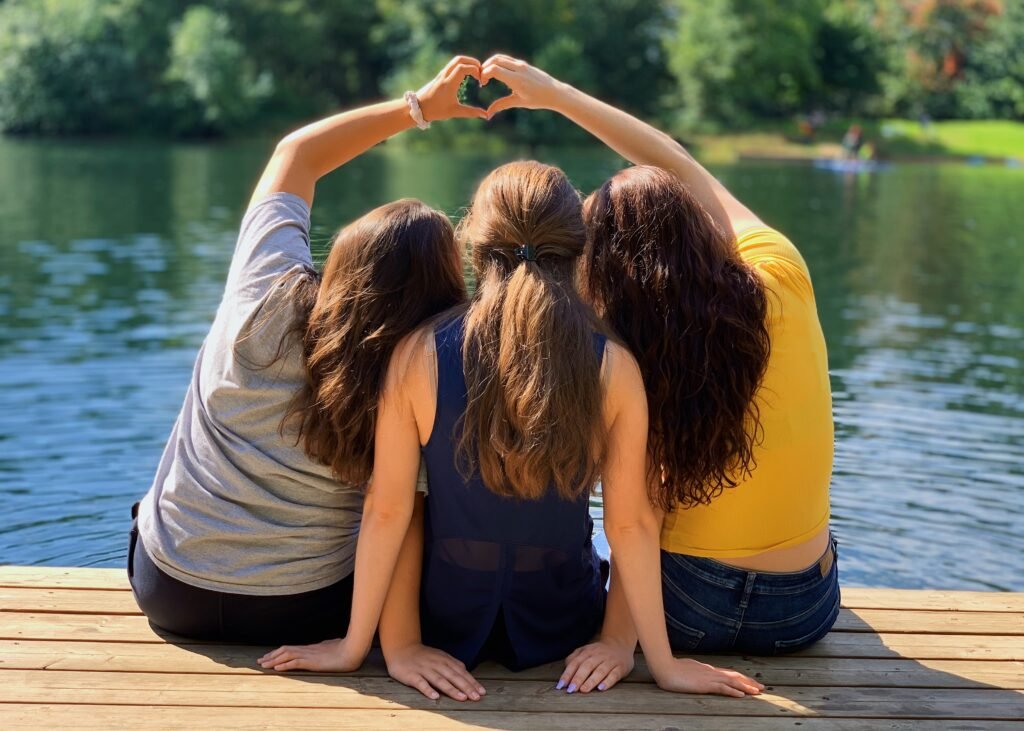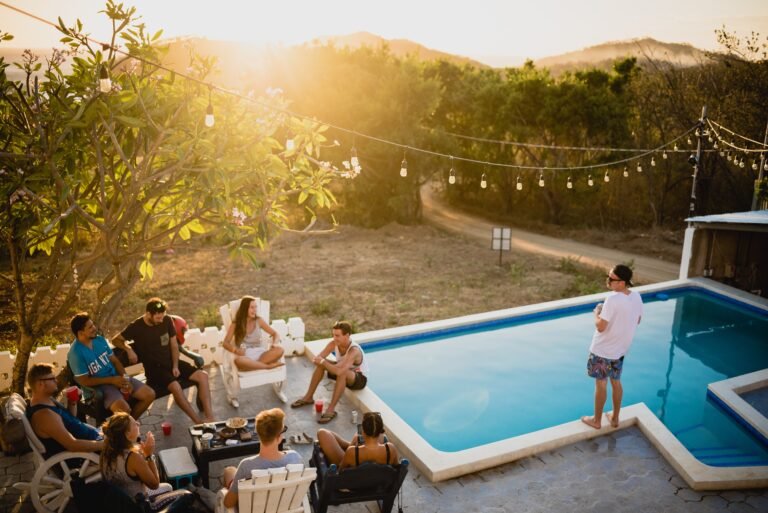It is no secret to anyone that we are having a very hot and sometimes suffocating summer. And what is missing! The month of August could still surprise us. We tend to think that we are used to this climate and many times we underestimate the necessary protection measures when exposing ourselves to high temperatures, and the harmful consequences that it can cause to our health.
Are we protecting ourselves adequately?
Extreme heat can make you sick if your body is unable to compensate and cool down properly. It is a process that relies in part on high humidity to prevent sweat from drying as quickly as the body needs it to.
“Normally when we sweat, it evaporates and gives the body a chance to cool down,” said Dr. Mayrene Hernandez, Florida senior medical director with United Healthcare. “Moisture makes that worse and behaves like steam. As you get stickier, it can obscure early signs that sweat hasn’t had a chance to cool you down.”
It also depends on personal factors such as age, heart and circulatory diseases, obesity, sunburn, dehydration, among others.

What can we do to enjoy a healthy summer?
I have been consulting many articles about caring for our health in the summer months, how to avoid damage due to exposure to high temperatures; and, I found it timely and useful to share with you some tips that I have collected from concurring expert opinions. At the end, I leave you some links so you can go deeper and learn much more.
- 1. Hydration is the number one element and although it seems obvious to us, experts insist on the need to drink water more frequently than usual and even when you do not feel thirsty. Although we can all become dehydrated, keep in mind to take special care of children since they do not manifest their symptoms easily.
- And no less important: Avoid drinks with excess caffeine or sugar, very cold or very hot, as well as the consumption of alcoholic beverages (alcohol is a natural diuretic).
- Although many like to take advantage of summer vacations to exercise, the advice is to reduce intense or strenuous physical activity, moderating the pace of activities and choosing times in the morning or late afternoon when the temperature is cooler.
- Ventilation is a key factor for everyone. Try to stay preferably in ventilated, fresh and conditioned spaces; as well as wearing light-colored clothing, and covering up with glasses, hats, and using sunscreen. Do not leave children or pets inside the vehicles.
- Food is a key point, and in this sense the recommendations coincide in: avoiding heavy or very abundant meals, increasing the consumption of vegetables and fruits (especially watermelon due to its high water content), as well as keeping food at adequate temperatures. Perishables such as meats, eggs, etc.
- A no less important observation is to avoid hot showers, especially when you get home sweaty.
Rashes, burns, cramps, exhaustion, heat stroke, are diseases caused by excess heat. Special attention must be paid to the last one: heat stroke requires emergency attention, and its main symptoms are nausea, vomiting, flushed skin, rapid breathing, rapid heart rate and perhaps even loss of consciousness.
Enjoy the heat and the fresh air of summer, but protect your health and that of your family, especially if you have children and people over 65 years of age at home, remember that they are the most vulnerable. Health care is a priority, always.
Some links consulted:
https://www.mayoclinic.org/es-es/diseases-conditions/heat-stroke/symptoms-causes/syc-20353581
https://www.cdc.gov/spanish/nceh/especiales/calorextremo/index.html
https://www.cdc.gov/es/disasters/extremeheat/pdf/heat_related_illness_es.pdf
